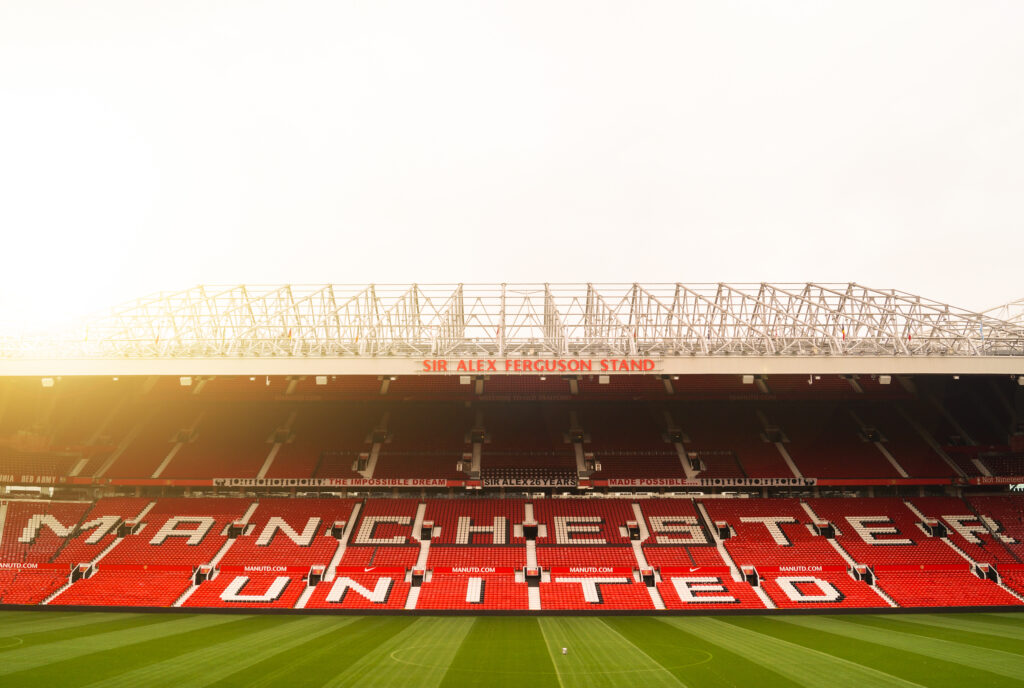Manchester United’s plan to help fund a £2bn Old Trafford redevelopment by selling personal seat licences (PSLs) has hit a major obstacle: the UK government’s new crackdown on ticket touting.
The club has been consulting fans on a PSL model that would allow licence holders to resell their seats at a profit — similar to systems widely used in US sports. But new legislation announced this week will ban selling sport and music tickets above face value, with government sources signalling they would oppose any attempt by United to introduce a profit-making secondary market.
Although football already bans secondary ticket sales under the 1994 Criminal Justice Act, the new laws make clear that United would not be allowed to create a separate resale market for PSLs.
What United Planned
- Fans would pay for a long-term licence giving them the right to buy a specific seat every season.
- Licences were expected to cost around £4,000 for 30 years.
- A resale market for PSLs had been considered, offering fans a chance to make profit — a major draw for American buyers.
Without resale value, PSLs could become far less attractive, potentially forcing United to lower prices.
How PSLs Would Work
- Only premium seats would use PSLs; standard seats remain available to regular fans.
- Licence holders must still buy a season ticket each year.
- Losing interest or failing to renew the season ticket would mean losing the licence.
- Long-term certainty of keeping the same seat — a key complaint among current season-ticket holders.
Government’s Position
The government has indicated:
- Profit-based resale of PSLs would breach the spirit of new anti-tout rules.
- Unlike Wimbledon or Twickenham debentures (treated as loans reinvested into sport), United’s proposed PSLs could count as secondary ticketing — and therefore be blocked.
United say they will comply fully with whatever rules are introduced. However, the legislation may force a complete rethink on pricing and structure as the club looks to finance a major stadium rebuild.


